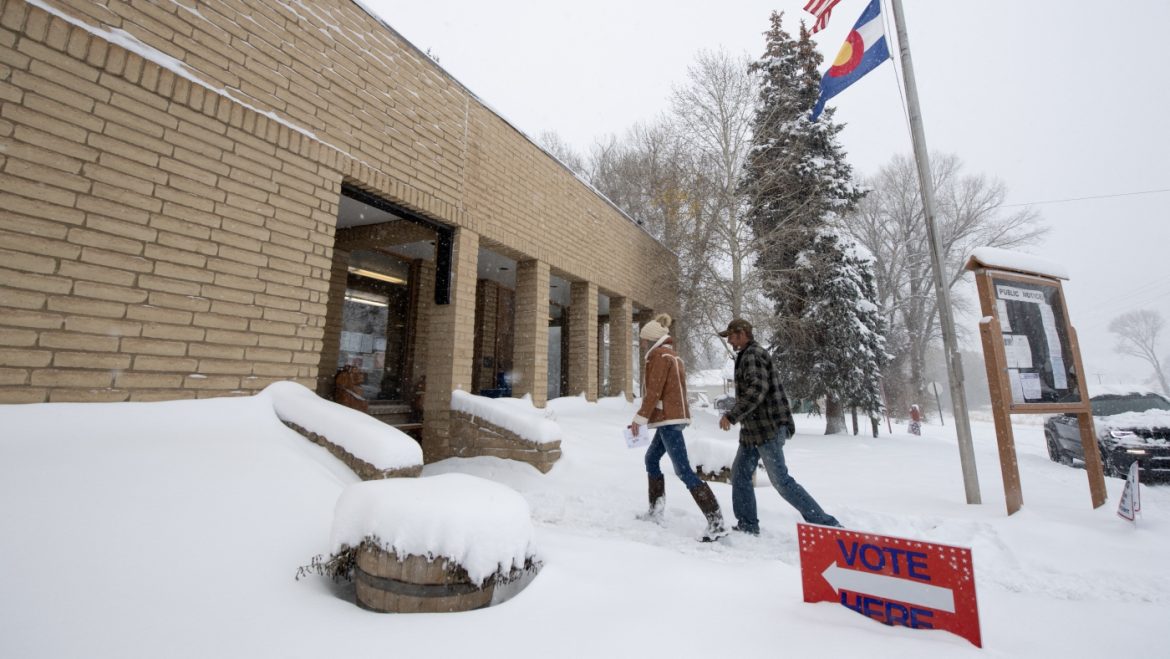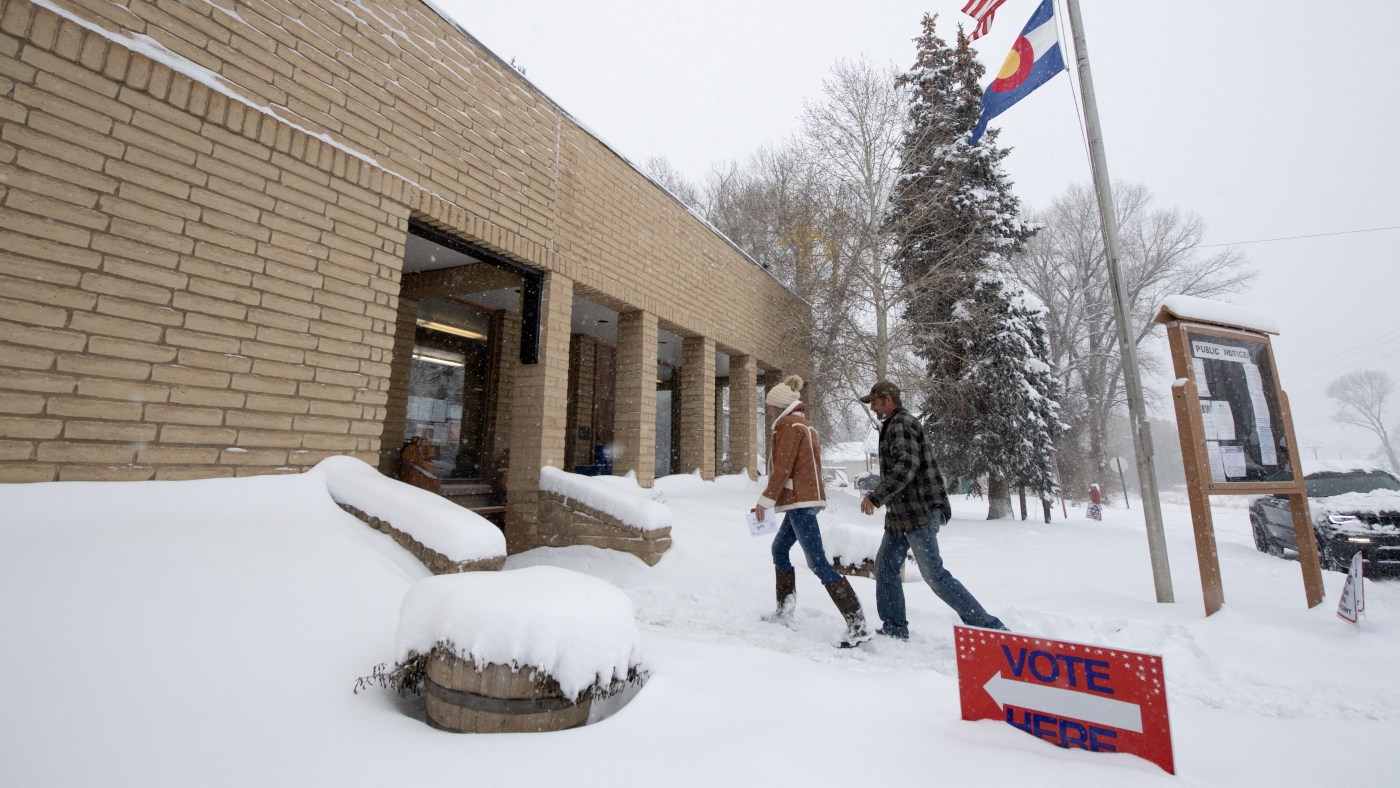The Trump-Transformed Department of Justice and Its Impact on U.S. Elections
Introduction: A Shift in the Justice Department’s Approach to Elections
The U.S. Department of Justice (DOJ), under former President Donald Trump’s influence, has exhibited a notable shift in its handling of election-related matters. Evidence indicates a transformation toward aggressively demanding vast amounts of election data, implementing sweeping executive orders, and prioritizing investigations framed around voter fraud claims. This new posture represents a marked departure from previous DOJ principles, eliciting concern among election officials, civil rights organizations, and legal analysts.
Demanding Unprecedented Election Data: The Colorado Case
One of the most striking developments involves the DOJ’s unprecedented demands for election data from states such as Colorado. Officials describe these requests as unlike anything they have encountered before, indicating a level of scrutiny and intrusion far surpassing traditional oversight processes. The scope of the demanded data signals an intent not only to investigate but potentially to reconstruct or challenge official election results comprehensively.
This sweeping demand aligns with the DOJ’s strategic repositioning to foreground voter fraud allegations—a narrative repeatedly promoted by Trump and his allies despite widespread evidence to the contrary. The pursuit of such data serves as a foundation for legal and political initiatives that may sow doubt about the integrity of elections and justify stricter election oversight.
Weaponization of the DOJ for Voter Suppression
Parallel to data demands, lawsuits initiated by the Trump DOJ, such as the one filed against North Carolina, reveal a pattern of deploying the Justice Department’s authority in ways critics argue advance voter suppression agendas. These lawsuits often challenge existing voting practices and regulations, potentially erecting barriers to voter participation, notably among communities historically vulnerable to disenfranchisement.
The strategic use of the DOJ in this context reflects a broader theme: transforming a federal institution traditionally viewed as a neutral enforcer of law into an active participant in political battles over voting rights. Such actions underscore fears of eroding democratic norms and the impartial application of justice.
Impact of Trump’s Executive Order on Elections
The Trump administration issued a sweeping executive order aiming to overhaul U.S. elections, signaling a formal policy commitment to reshape election management. The order imposes new restrictions on voter registration and access, measures widely criticized for threatening to disenfranchise millions, particularly minority voters.
This policy redirection within the DOJ transforms its mission from protecting voting rights to enforcing Trump’s electoral agenda, often at odds with established voting protections. Legal challenges have emerged, with federal judges expressing openness to blocking these measures, highlighting the ongoing judicial battle over the legitimacy and constitutionality of the new rules.
Leaked Evidence and Legal Proceedings
Amid ongoing investigations and court cases related to alleged election interference, the DOJ’s release of heavily redacted evidence in Trump-related obstruction cases presents a complex picture. These developments coincide with intense legal disputes, including blockbuster filings detailing efforts to overturn election results and immunity battles. Alongside this, revelations about internal White House pressures on DOJ officials to pursue election fraud investigations raise questions about the boundaries between political influence and law enforcement independence.
Civil Rights Organizations’ Response and Broader Implications
Groups such as the American Civil Liberties Union (ACLU) have vocally condemned the DOJ’s new direction, framing the executive orders and legal actions as efforts to disenfranchise voters and dismantle longstanding democratic protections. The aggressive pursuit of leakers, reporters, and political opponents by the Trump DOJ through subpoenas and data seizures further paints a picture of an agency wielding its power in expansive and controversial ways.
The broader implications of these changes signal a fundamental challenge to voting rights in America, potentially reshaping how elections are conducted, contested, and perceived. The infusion of politically motivated priorities into the DOJ threatens to undermine public trust in electoral fairness and the impartiality of justice.
Conclusion: Navigating a New Era of Election Oversight
The DOJ under Trump’s influence has decisively shifted toward an activist, politically charged role concerning elections. Through unprecedented demands for election data, executive orders restricting voting access, and legal maneuvers aimed at challenging electoral outcomes, the department is redefining its relationship with American democracy. This transformation raises pressing questions about the balance between election security and voter rights, the independence of federal law enforcement, and the resilience of democratic institutions in the face of intense political pressure.
Navigating this new era demands vigilance from election officials, the judiciary, civil society, and the public to safeguard transparent, fair, and accessible elections. The trajectory shaped by the Trump DOJ’s sweeping demands and legal strategies serves as a critical chapter in ongoing debates over electoral integrity and democratic governance in the United States.


